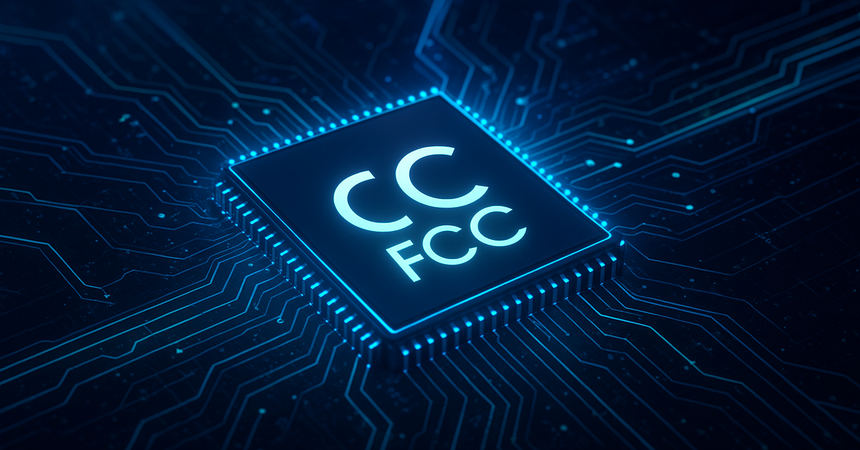The Netherlands has long been one of the global hubs of microelectronics. The country drives innovation in semiconductors, automotive electronics, sensors, IoT solutions, and telecommunications equipment. It plays a critical role both in European and global supply chains.
However, for Dutch products to freely enter international markets, compliance with global certification standards is essential.
Why Certification Matters for Manufacturers in the Netherlands
1. Strict EU RegulationsProducts manufactured in the Netherlands must comply with European Union directives. CE marking is a mandatory condition for sales in Europe.
2. Export-Oriented Market
Most semiconductors and electronic components produced in the Netherlands are exported. Therefore, beyond European requirements, manufacturers must meet additional regional standards such as FCC (USA), SASO/CITC (Saudi Arabia), TELEC (Japan), and CCC (China).
3. Innovative Product Profile
Devices with radio modules, IoT systems, or cybersecurity solutions require additional testing for electromagnetic compatibility (EMC), radiofrequency (RF, SAR), and compliance with cybersecurity standards.
Key International Standards for Electronics and Semiconductors
- ISO 9001 – Quality management.
- ISO 14001 / ISO 45001 – Environmental and occupational safety.
- IATF 16949 / ISO 26262 – Automotive electronics and functional safety.
- ISO/IEC 27001, ISO/SAE 21434, IEC 62443 – Data protection and cybersecurity.
- CE (EU) – Mandatory marking for Europe.
- FCC (USA) – Required for entry into the North American market.
- SASO / CITC (Saudi Arabia) – Certification for telecom and radio equipment.
- Common Criteria (CC), FIPS 140-2/3 – Cryptographic security standards.
- PSA Certified, SESIP – Certification for IoT devices.
Typical Documentation Required
- Laboratory test reports (EMC, RF, Safety, SAR).
- Product description: hardware and software specifications.
- Component schematics and drawings.
- Risk assessment report.
- User manual (localized into the language of the target country).
- Product, packaging, and labeling photos.
Benefits of Certification for Dutch Manufacturers
- Access to international markets without trade barriers.
- Participation in global tenders and projects (including automotive, IoT, and telecom infrastructure).
- Increased trust from partners and investors through proven quality.
- Compliance with Europe’s “green” and sustainability standards, which are becoming a global trend.
Conclusion
The Netherlands is a leader in electronics and semiconductors, but certification is the key to successful exports and international collaboration. Compliance with European and global standards allows companies to not only enter new markets but also strengthen the competitiveness of their products.Contact WorldWideBridge – we will prepare all necessary certifications for you and ensure successful entry into European, U.S., Middle Eastern, and Asian markets.
